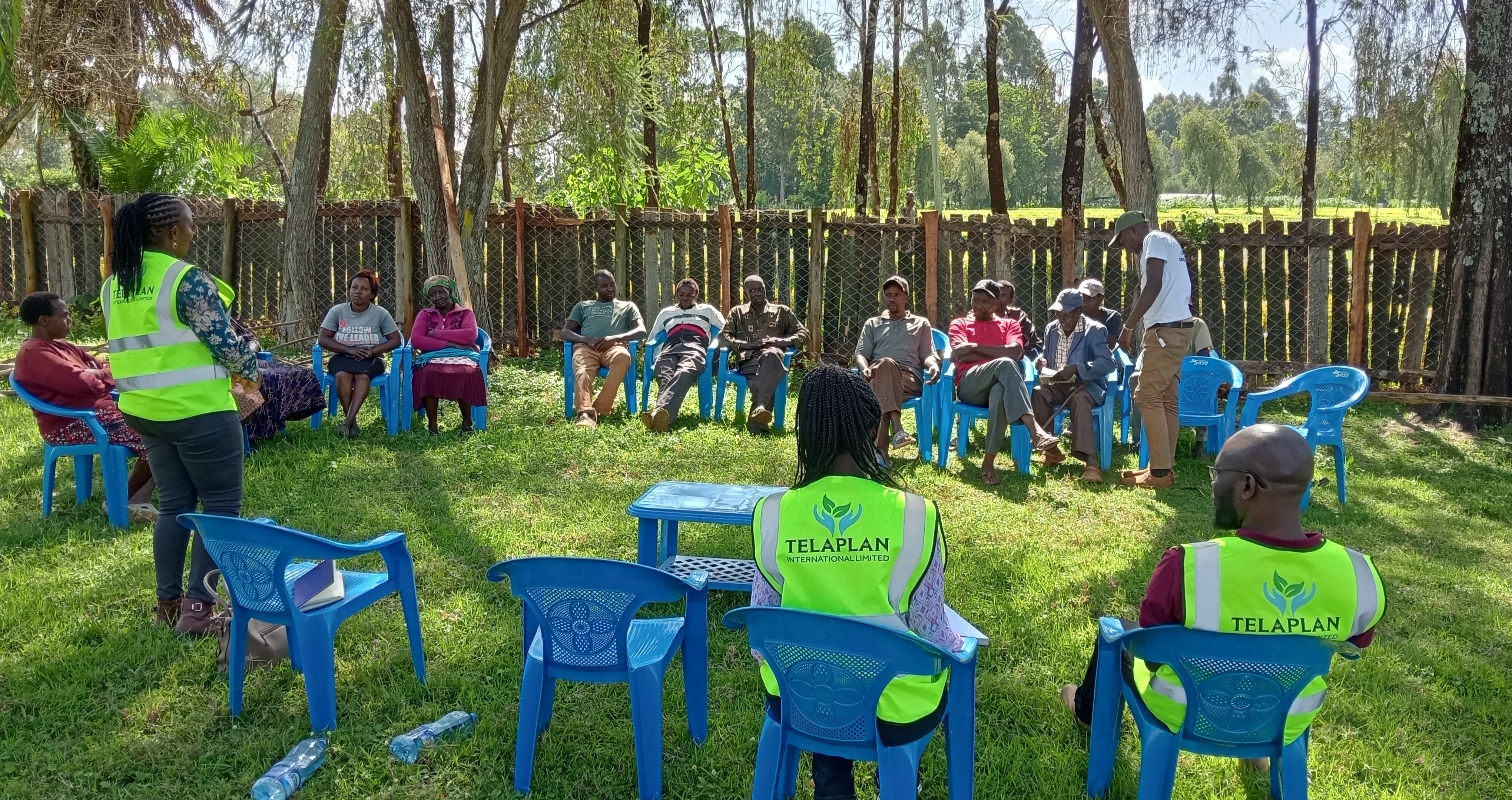
At the heart of Telaplan International’s approach to sustainable development is its robust Stakeholder Engagement and Community Consultation service. In line with both national regulations and international best practices, Telaplan ensures that affected parties, including local communities, government agencies, civil society organizations, private sector players, and special interest groups, are meaningfully involved in environmental decision-making processes.
Stakeholder engagement is mandated under the Environmental Management and Coordination Act (EMCA), 1999, and the EIA/EA Regulations, 2003, which require that public participation be integrated into the environmental assessment and project planning phases. International frameworks such as the IFC Performance Standards, the Equator Principles, and Free, Prior and Informed Consent (FPIC) protocols also emphasize stakeholder rights in projects with environmental and social impacts.
Telaplan’s stakeholder engagement methodology is tailored to:
Understand community dynamics and power relations.
Identify primary, secondary, and tertiary stakeholders.
Facilitate inclusive consultations in diverse linguistic and cultural settings.
Ensure transparency, recordkeeping, and grievance redress.
Their engagement activities include:
Public Barazas and community meetings, often facilitated in local languages.
Focus Group Discussions (FGDs) with special interest groups such as women, youth, pastoralists, or persons with disabilities.
Key Informant Interviews (KIIs) with chiefs, religious leaders, CBOs, and sectoral officials.
Household surveys to gather baseline data.
Participatory Rural Appraisal (PRA) tools, like mapping, ranking, and timelines.
Disclosure workshops for project reports and mitigation plans.
Every consultation is professionally documented, with Telaplan producing detailed Stakeholder Engagement Plans (SEPs), Consultation Minutes, and Public Participation Reports. These are essential for submission to NEMA, county governments, and development partners.
One of Telaplan’s most distinguished strengths is its culturally sensitive facilitation. The firm’s field teams often include community development specialists, sociologists, translators, and local guides, ensuring that consultations are not only procedurally correct but also genuinely empowering.
Through stakeholder engagement services, Telaplan helps reduce project opposition, uncover local knowledge, build community ownership, and strengthen the legitimacy of environmental approvals.

TelaPlan International Ltd
Typically replies in minutes